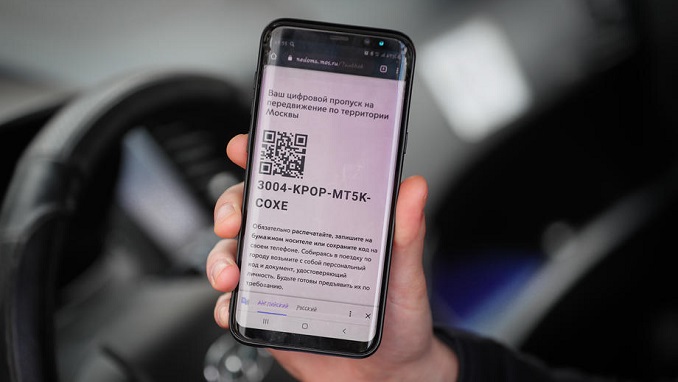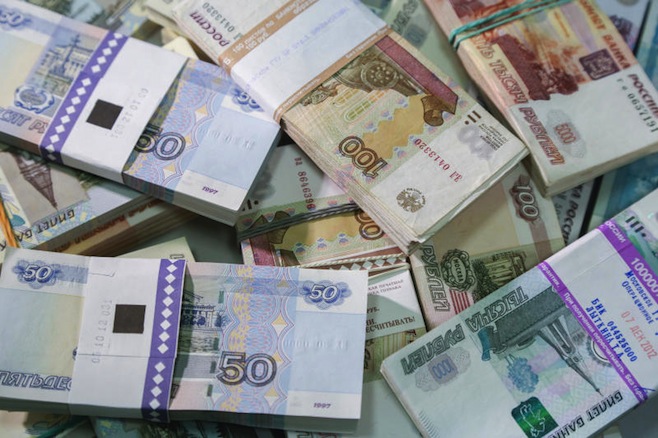In March, Russia’s Ministry of Digital Development released a draft of an e-passport. It states that Moscow residents will be able to acquire them starting December 1, 2021, and that they will be accessible across the nation no later than July 1, 2023. An e-passport is a plastic card that has a picture, name, birth date, and a chip.
Along with the conventional “booklet” passport, this kind will be used in the Russian Federation, Rossiyskaya Gazeta writes.
The document will include the holder’s biometric and other personal information, such as a picture and two fingerprints.
According to analysts, 87 percent of Russians use bank cards.
“As a result, the transition from paper passports should not create any further difficulty for Russians as new cards and so on,” said Yegor Krivosheya, Research Chief at the Center for Research in Financial Technologies and Digital Economy SKOLKOVO-NES.
Given Russians’ familiarity with non-cash transactions and digital state services, he believes this effort is more relevant now.
“There are certain risks associated with digitalization. Fraudsters travel across the internet, tracking individuals. Thus, according to the Prosecutor General’s Office, cyberfraud accounted for 25% of all recorded offences in January 2021, up from 17.7 percent in 2020.” Dmitry Spiridonov, co-founder and general director of CloudPayments, said, “9 – just 10.4 percent.”
According to him, there are legitimate concerns about the security of e-passport data, such as how it will be structured, what people should do in the event of large data breaches, and how the authenticity of new passports would be verified. Especially because people would be able to obtain a digital passport’s copy as a QR-code on mobile phones, and media sources are reporting an increase in QR-code frauds.
According to the expert, not everyone will be ready to use the new passport, and this is especially true for the elderly. According to his projections, the implementation of e-passports would take approximately five years.



